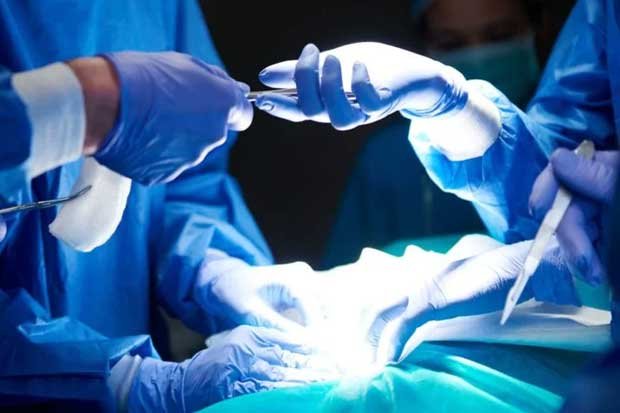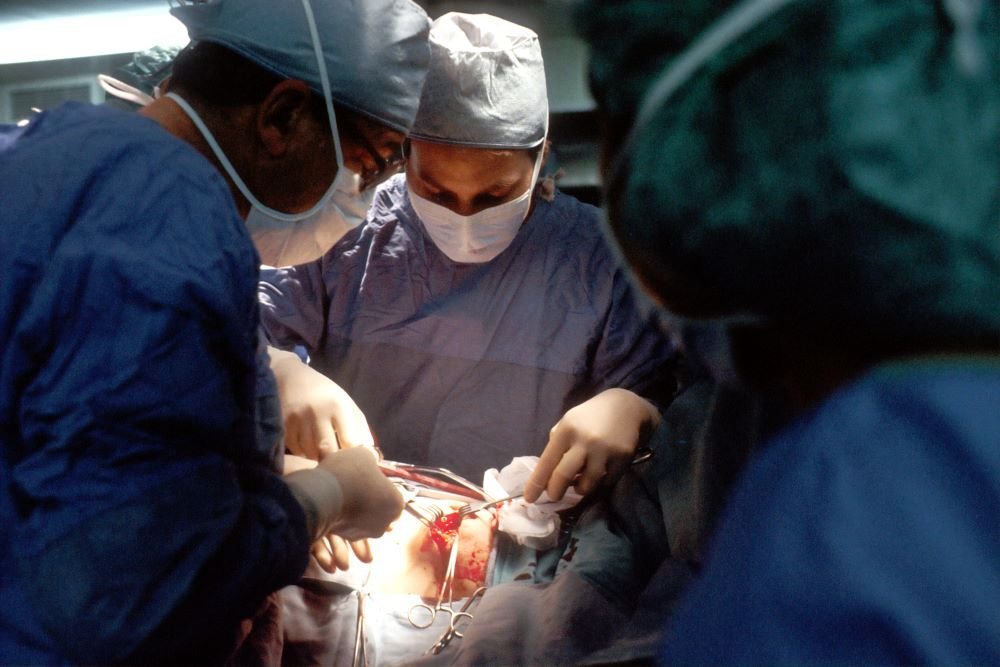This is one of the most common questions that patients ask their GPs or physicians. The concept of cardiothoracic surgery is, sometime, difficult to understand as we are a small surgical specialtyt that deals with a limited range of issues and we are something a bit mysterious for many patients. Sometime even individuals that works within the medical environment are unsure about what we do. If this happens to you carry on reading and I will try to shed some light into our work.
Generally speaking it is indicated to see a cardiothoracic surgeon when you have been seen by a specialist, very often a cardiologist (that is a physician specialised in heart medical problem) or a chest physician (that is a doctor who specialises in lung problem). We interact also with a large number of other specialties on an ad-hoc basis, for example in case of metastasis from other cancers (for example breast or colorectal), chest trauma or large thyroid nodule extending into the chest.
What is a cardiothoracic surgeon?
A cardiothoracic surgeon is a doctor that, after graduation from medical school, went on to specialises for another decade, more or less, including formal postgraduate training and additional fellowships, to become very versed in a particular aspect of our profession. The training in our specialty is very rigorous and there are many checks along the way. This means that, at least in the UK, you can be certain that the surgeon that sees you is truly well-qualified. At the end of the training the UK General Medical Council, decides about the inclusion of each individual practitioner in the specialists register. As the name suggest this is a centralised register and is compulsory for senior doctors who wants to become consultants in the NHS to be on such register. There are exceptions for doctors called locum who work on a fixed terms contract.
Why do I need to see a chest specialist?
A chest surgeon is someone that works very closely with GPs and, more often, with chest physicians when those groups of colleagues identify an ailment that needs surgical intervention. As thoracic surgeons we deals with many conditions in the chest, the most commons are: cancer in the chest, collapsed lung, severe chest infections, severe emphysema not responding anymore to maximal medical treatment, rib fractures, congenital chest wall deformities. The list is not exhaustive and we might be able to help in many ways, sometime even just sourcing a more appropriate specialist to see you.
When should I see a doctor about chest problems?
Sometime patients self-refer because they have some worries and wish to access promptly to medical advice, more often patients are referred by a GP or chest physician. Generally speaking if you are diagnosed with chest problem and, more importantly with lung cancer, my suggestion is to act promptly. Few days do not make any difference from a cancer point of view, but it is understandable that worries and anxiety are difficult to control . As I said try to act promptly but without panicking. Your surgeon and his/her team is there to support you. Empathy is very important and allows to establish, since the first contact, a good professional relationship with patients and to establish a true partnership in care.






